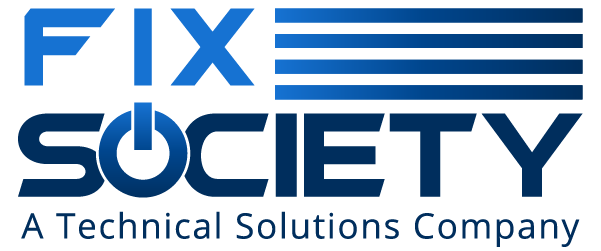
Nothing is what it appears to be. Dollhouse opens with these enigmatic words, and with them, sets the tone for the entire show. And points a knowing finger at the morally ambiguous themes it addresses over the course of two brief seasons.
I first came across Dollhouse (watch on Hulu) late one night several years ago as I was looking for something to watch. I saw that it was directed by Joss Whedon and starred Eliza Dushku (both of whom I came to love from my days of watching Buffy the Vampire Slayer and Angel), and was instantly sold. I binge-watched the show over the course of a few days, and it whisked me away on a creatively cerebral adventure.
Dollhouse centers around the evil well-funded Rossum Corporation, which runs clandestine underground establishments, called Dollhouses, across the globe. Rossum recruits good-looking physically fit people to volunteer five years of their life to work as Dolls (also called Actives) in exchange for handsome compensation, clearing up of life issues (like paying off their mother’s daunting mortgage payment), and not remembering anything from those five years. During this term, Dolls have their own memories removed and are imprinted with the personalities needed to accomplish assassinations, security, sex work, or anything else for those wealthy enough to rent a human being.
New Actives are greeted by genius man-child Topher, who created the profound technology that can wipe and imprint peoples’ minds. Actives are programmed with an almost childish blank-slate personality they revert to between engagements. The show follows an Active named Echo (played by Dushku) and her journey towards discovering who she really is—an activist named Caroline.
Dushku’s character starts off with story-of-the-week adventures but quickly evolves into working to figure out more about Rossum and how a corporation with such illicit endeavors can thrive, along with the types of people willing to pay for such a horrible service.
Regarding the Actives, it’s fun to think about the type of technology that could do this, and the mechanics of how it would work (and how close we are to being able to do that in real life). It’s also fun, but in a treacherous kind of way, to think about how easily it works, how powerful the imprints are, and how effortlessly they fool and manipulate others. The Dolls themselves bring up a question of the soul, of sentience in humans or even in robots.

Whedon comments on the existence of the human soul with a plotline that shows Echo’s continuous fight against technology to connect with her original personality, even after hundreds of imprints and mind wipes that revert her back to her blank Doll state.
Whedon also comments on greed and the philosophical morality of for-profit technology that panders to billionaires. We even see Topher offer to throw in free “upgrades” to Actives on their last day at the Dollhouse before they leave, like fixing eyesight or “downloading” the knowledge for how to do karate. It makes you think about why Rossum’s technology—or, frankly, any technology we have in real life—is so often given to or designed for those who can afford it, rather than those who could actually benefit from it.
I grew up watching and reading sci-fi stories, and I love seeing how sci-fi influences technology (and vice versa). As an English major, I love digging into a story, pulling it apart to see what makes it tick and to see what lessons can be taken away from it. To me, Dollhouse is equal parts brilliant sci-fi and rich storytelling. I could spend weeks or even months gnawing on its bones and gristle, ruminating over all the thought-provoking themes woven into it, and I heartily recommend it to anyone who loves sci-fi and technology.

Recent Comments